Former presidential candidate Peter Obi has issued a scathing critique of Nigeria’s democratic backsliding, drawing sharp parallels between current political developments in Rivers State and his own impeachment experience as Anambra governor in 2006.
A Democracy Under Siege
At the 60th birthday colloquium honoring former Deputy Speaker Emeka Ihedioha, the Labour Party stalwart delivered a sobering assessment of Nigeria’s political trajectory. Obi asserted that the suspension of Rivers State Governor Siminalayi Fubara through emergency powers represents a dangerous precedent that “has knocked down” Nigeria’s democratic progress since 1999.
“The current administration has dismantled our democratic gains,” Obi stated. “Where institutions once functioned, we now see brazen executive overreach.”
Personal Parallels: From Anambra to Rivers
Obi drew from his own political history to illustrate the contrast in presidential approaches to state-level crises:
- 2006 Impeachment Crisis
- Anambra Assembly impeached Obi on November 2, 2006
- President Obasanjo dispatched Senator Ken Nnamani to mediate
- Courts later nullified the impeachment (February 2007)
- 2025 Rivers Crisis
- President Tinubu declared emergency rule
- Suspended elected officials including Fubara
- Installed military administrator
“The same presidency that once mediated to protect democracy is now its executioner,” Obi observed.

Institutional Decline: A Three-Point Critique
Obi highlighted alarming democratic erosions:
✔ Judicial Independence
“Under Obasanjo, courts could reinstate governors without interference. Today, judicial outcomes appear predetermined.”
✔ Legislative Autonomy
“State assemblies have become rubber stamps for federal might rather than representatives of their people.”
✔ Constitutional Balance
“Emergency powers meant for security crises are now weapons against political opponents.”
The Tinubu-Obasanjo Paradox
The former governor presented a striking comparison:
| Obasanjo Era (2006) | Tinubu Era (2025) |
|---|---|
| Mediated to prevent impeachment | Imposed suspension through emergency powers |
| Respected court rulings on gubernatorial disputes | Preempted judicial process |
| Maintained federal-state balance | Centralized authority |
“History will judge whether we’re witnessing democracy’s evolution or extinction,” Obi remarked.
Read Also: “Rivers State Administrator Ibas Appoints Prof. Worika as New SSG, Explains Decision”
Broader Implications for 2027
Political analysts suggest Obi’s comments:
- Signal LP’s positioning as democracy’s defender
- Highlight growing opposition to “imperial presidency”
- May galvanize civil society ahead of 2027 elections
The speech notably avoided direct mention of Nyesom Wike, focusing instead on structural concerns.
A Call to Democratic Arms
Obi concluded with a Churchillian warning: “When good men do nothing, democracy becomes collateral damage. Our collective silence today determines Nigeria’s governance tomorrow.”
As constitutional lawyers debate the legality of Tinubu’s emergency declaration, Obi’s intervention reframes the Rivers crisis as a litmus test for Nigeria’s democratic resilience.






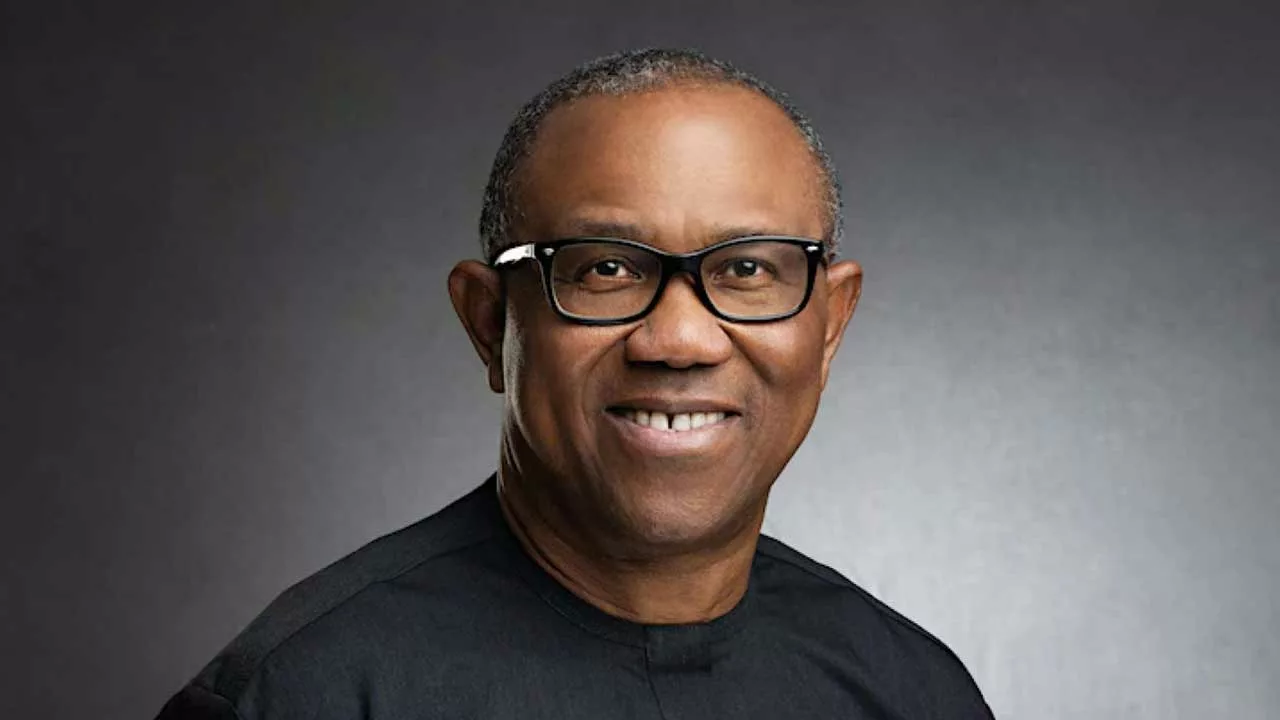





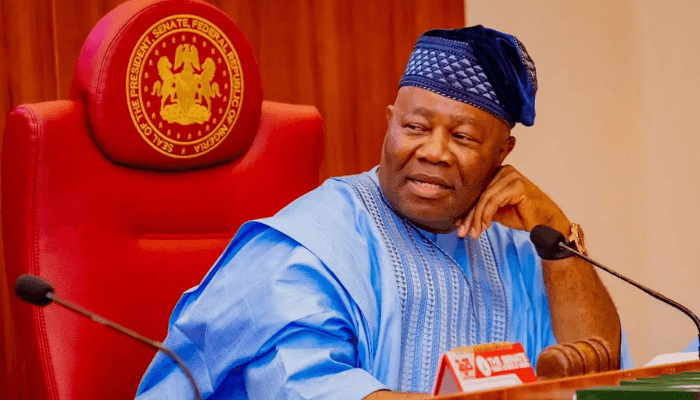
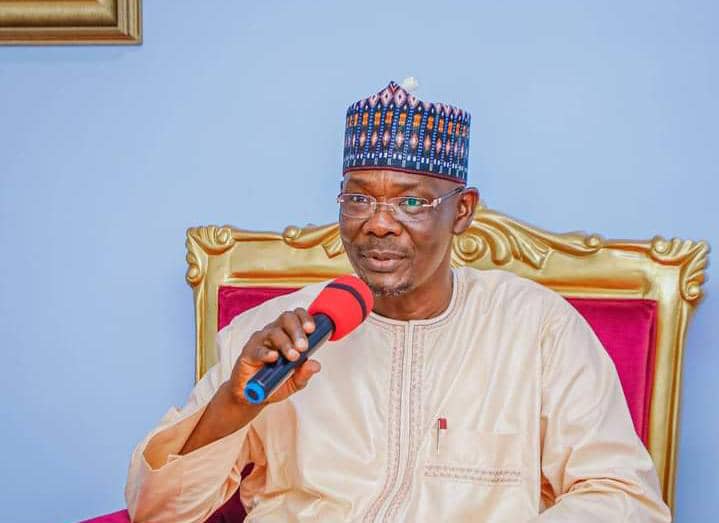
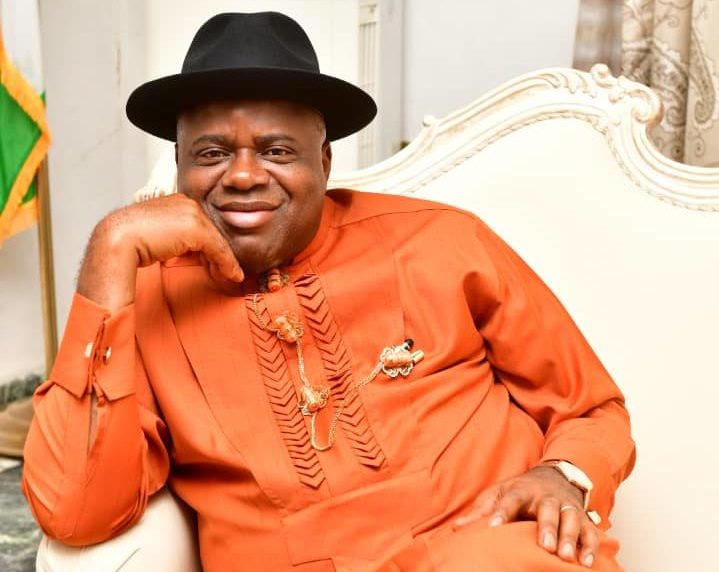
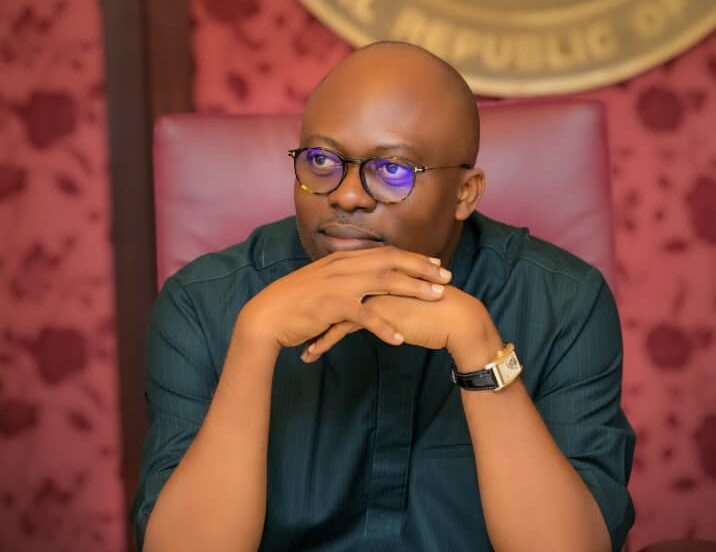
Got a Questions?
Find us on Socials or Contact us and we’ll get back to you as soon as possible.